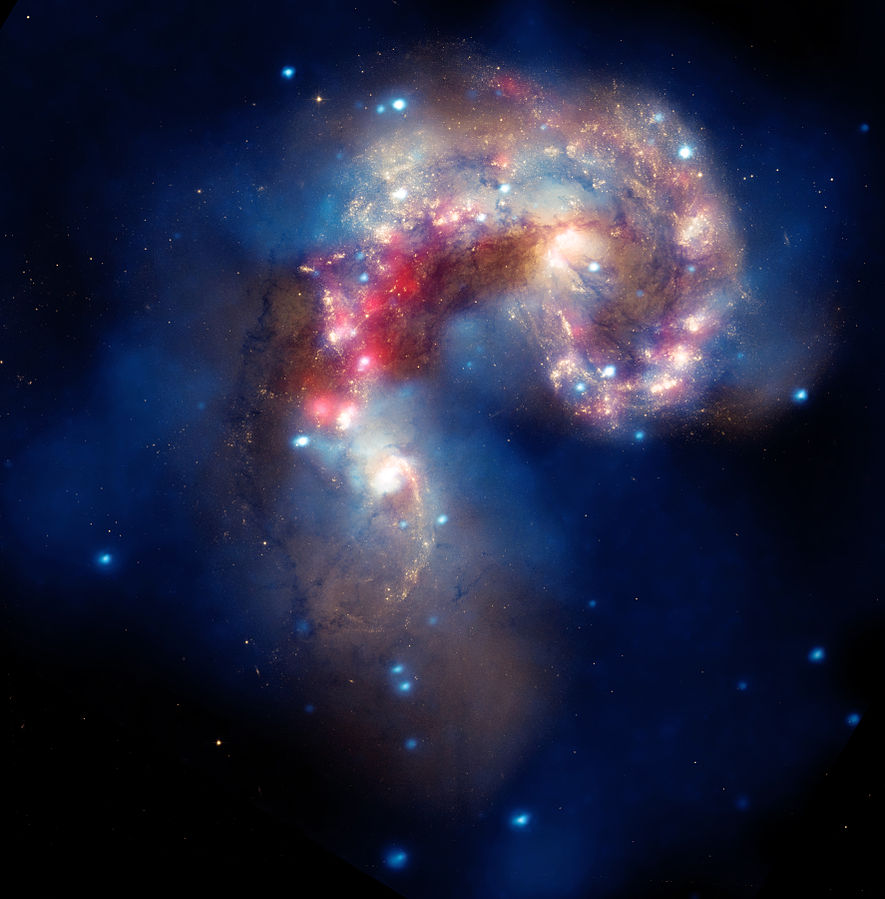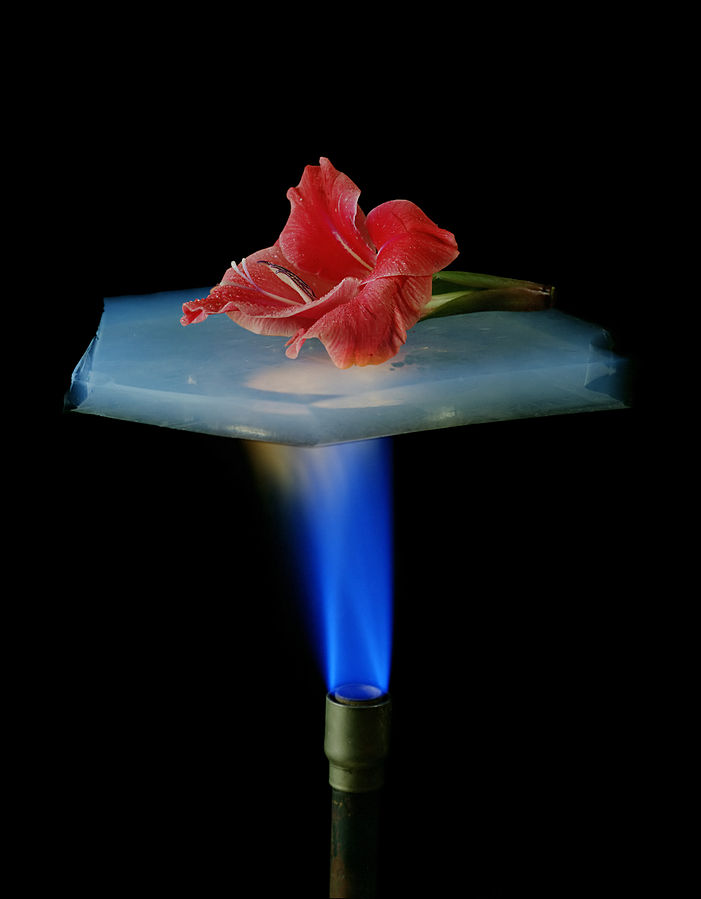This article was published in Scientific American’s former blog network and reflects the views of the author, not necessarily those of Scientific American
It's getting harder and harder to relate to those who remain deliberately ignorant. The more I know, the more I want to know, and the more I enjoy the world. Well, the world aside from those fools who revel in their own ignorance, anyway. There was a time I subscribed to the inane belief that science deconstructed things, reduced everything down to meaningless component parts and took the mystery out of life. Well, back when I wanted elves to exist, I suppose that was true. Science is murder on belief in elves, fairies, and those sorts of things. But that wasn't really the main problem.
Science the way it's taught in far too many schools saps the life out of everything. They feed us rote fact and formula and pretend that's science. And some of us take their word for it. Some of us had decent schools, but were unfortunate enough to grow up with assorted religious and spiritual sorts babbling inanity at us and calling it truth, all the while dismissing science as cold and mechanical and in no way spiritual. Some of us got screwed from both sides. We end up with a bad taste in our mouths. (To be fair, they did the same thing with Shakespeare, too.)
That's really too bad, because none of it's true. Science isn't cold and impersonal and dry and dull. It doesn't suck the mystery out of life. Knowing how something works doesn't make it boring. Quite the contrary. Things seem far more fascinating to me since I started studying science. Nothing seems like it's been torn down. Oh, well, maybe temporarily, while we reduce big bits to easier-to-understand-bits, but we don't leave the pieces lying around after. We put it all back together, and with this new understanding, it becomes far more fascinating than it was before. The truth is more complicated, stranger, more wonderful than anything our paltry imaginations could come up with.
On supporting science journalism
If you're enjoying this article, consider supporting our award-winning journalism by subscribing. By purchasing a subscription you are helping to ensure the future of impactful stories about the discoveries and ideas shaping our world today.
Astronomy's an obvious example. I read a book on tides, and the fellow who wrote it lamented the fact that astronomy has revealed the stars to be nothing more than giant balls of gas burning away in outer space. He pines for the days when people thought the dark sky was a solid cover around the world, and stars the light of heaven shining through little pinpricks.
The gentleman may know how tides work, but he obviously doesn't know jack diddly about how stars do, or he wouldn't be pining for the old light-o-heaven days. I feel perhaps I should sit down with him, bust out a book of photos from Hubble, and start discussing the fact that we are made of star stuff. There is absolutely nothing boring about balls of gas burning away in outer space. Heaven is ho-hum compared to that.

The Antennae galaxies. Credit: Hubble, European Space Agency
Then, perhaps, I shall take him out digging in the dirt. Just ordinary dirt. Ordinary, that is, until you realize that every handful of soil is a thriving community of bacteria and fungi, microscopic (and maybe not-so-microscopic, depending on the handful) arthropods and nematode worms, without which all those lovely large plants we make such a fuss over would not exist. That's not even mentioning the minerals, other organic matter, and so forth.
There are more things in a gallon of seawater than are dreamt of in his philosophy.
Goethe once wrote, "He who cannot draw on three thousand years of history is living from hand to mouth." Well, he actually wrote, "He who does not know how to give himself an account of three thousand years may remain in the dark, inexperienced, and live from day to day," but close enough. So how about thirteen billion and change? Rather makes three thousand years look like living by the light of a votive candle, don't it just?
The world without science is very dim place indeed. It's just a shame so many folks don't realize they're living in the dark.

Aerogel insulates a flower from the flame of a Bunsen burner. Credit: NASA
(A version of this post first appeared at En Tequila Es Verdad)
